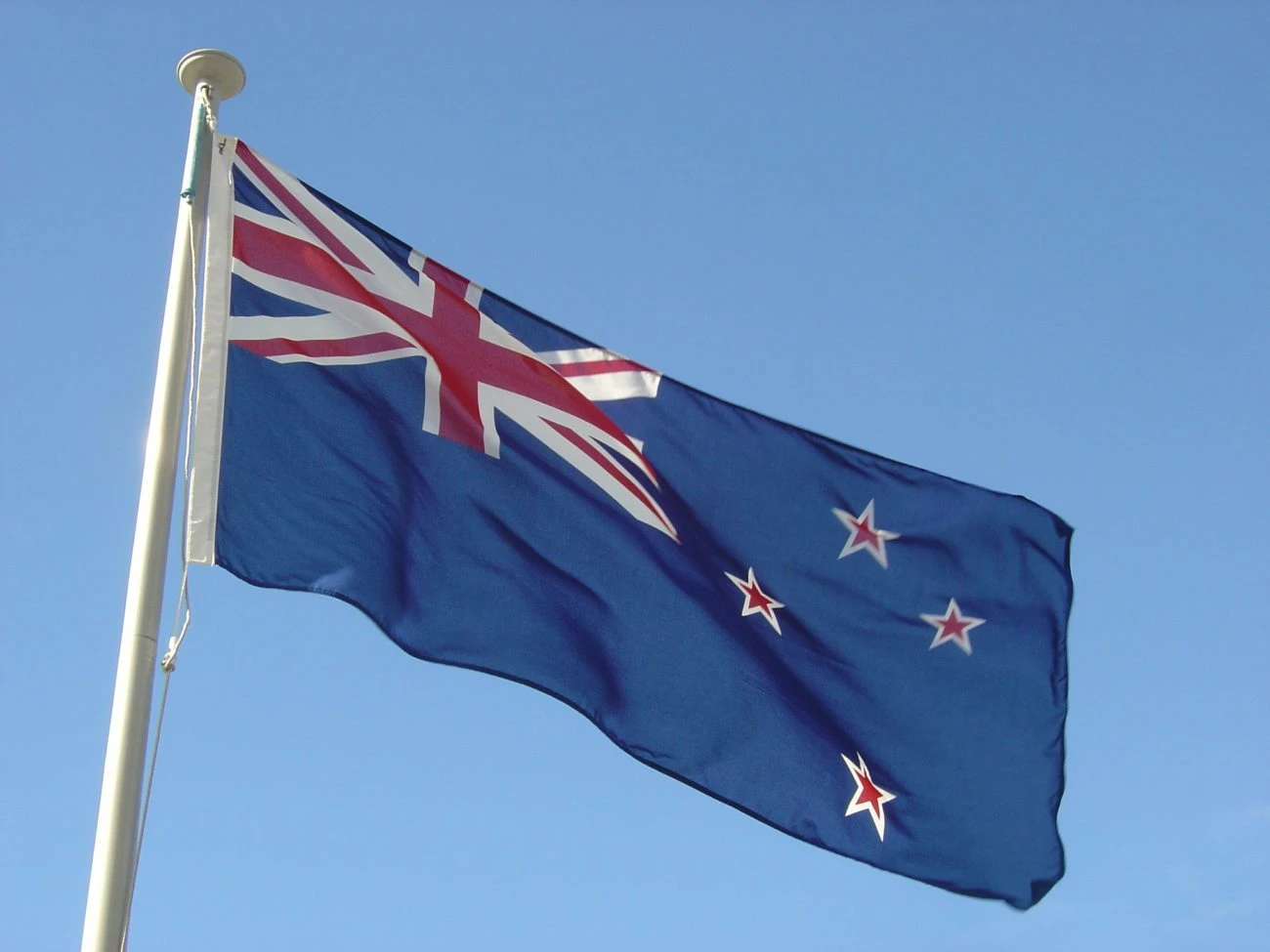Sport NZ urges government to consider Macolin membership

Sport New Zealand, the Crown entity with oversight for governing sport and recreation, has published a series of recommendations of how to improve sporting integrity in the country, including a proposal for the government to sign up to the Macolin Convention.
The recommendations are the result of a wide-reaching public consultation that sought the views of various organisations and individuals involved in the sports system across the country.
Sport NZ put forward a total of 22 recommendations across six key focus areas: dispute reporting and resolution, partner capability and compliance, education, resources and tools, policy, and enforcement.
Among these suggestions were proposals linked to the gambling industry, including a recommendation to investigate options for ensuring all sports organisations have a child protection officer and a child protection policy in place.
Sport NZ also proposed exploring if its parent and coach education workstreams could contribute more to child safeguarding, as well as consider the possibility of introducing a government-provided match-fixing education programme and national reporting point for match-fixing intelligence.
The organisation has also set out plans to pilot an independent sports complaints management service and investigate whether a sports mediation service should be established.
In terms of new industry tools, Sport NZ said it could establish a central online repository for sport integrity guidance and resources, as well as update its ‘Safe Sport for Children’ guidance to reflect recent legislative amendments.
It will also include integrity-related questions in its annual ‘Voice of the Participant’ survey to gain a better understanding of participants’ views on sporting integrity and the impact of integrity-related issues on participation.
There was also acknowledgement of the Council of Europe’s Convention on the Manipulation of Sports Competitions, also known as the Macolin Convention, with Sport NZ saying it will consider following neighbour Australia in signing the agreement.
Sport NZ said while the country supports the general intent of the Convention, it has not yet signed it as the obligations would entail a cost to New Zealand, and potentially legislative changes. However, it added that if a government-provided match-fixing education programme and central reporting point were established, “these institutions would go a long way to meeting these obligations, meaning additional costs were minimal”.
In addition, it pledged to expand its work with anti-doping agency Drugfree Sport NZ to clamp down on drug-related cheating in domestic sport.
Sport NZ has already commenced work on piloting an independent sports complaints management service, as well as setting up a central online repository for sport integrity guidance and resources, and plans to follow up on all other recommendations in the near future.
“Work is well underway on a number of the recommendations, with some seeking to build on successful projects or programmes that are already in place,” Sport NZ said. “Sport NZ will work with the system, by seeking input from appropriate partner organisations.”
Publication of the report comes at a time of significant gambling reform in New Zealand, with the government in April announcing a series of measures designed to revitalise the country’s horse racing sector. This will see race field fees and a point of consumption tax implemented for bookmakers – measures the International Betting Integrity Association (IBIA) warned would be ineffective unless a licensing system is rolled out in tandem.
The government also launched a public consultation to gauge public support for regulating new forms of online gambling. Due to run until the end of September, this consultation covers four potential regulatory models to update gambling legislation.
Image: Edward Hyde
